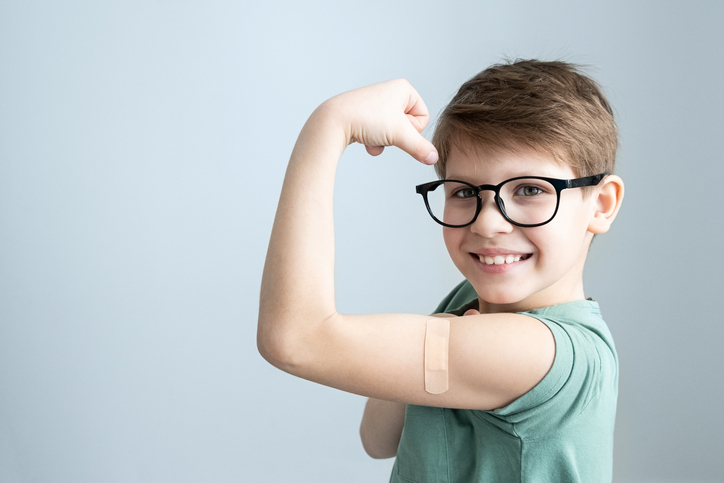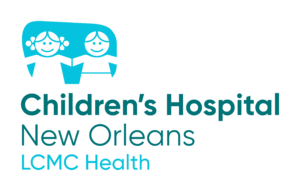
Talking to kids age 12+ about receiving the COVID-19 vaccine
Sponsored by Children’s Hospital New Orleans
As you have likely heard, in early May, the U.S. Food and Drug Administration extended its emergency use authorization for the Pfizer/BioNTech COVID-19 vaccine for children ages 12-15 years.
This is an extraordinary moment in our fight against COVID-19! And it is time for kids ages 12-15 to ‘Be in that Number.’
Nobody likes getting shots, right? But for some, especially children, the prospect of a needle can be terrifying. Now that 12- to 15-year-olds are able to get the Pfizer vaccine, parents with needle-phobic kids might have to do a little more to prepare them for the vaccine.
Fear of shots can be a barrier to vaccination. And the fear of pain is very real. Understanding that the vaccine can be the ticket to normalcy, going to summer camp, and getting together with friends are important points for kids to understand. It is also important for kids to understand that receiving the vaccine is the best way to protect themselves and their loved ones from the spread of COVID-19.
What can kids do to get comfortable before getting the shot? Kids can think, what makes them comfortable? Would they like someone to be there to hold their hand? Do they think maybe they could wear something comfortable so that it’s easy for the person who’s giving them the needle to reach their arms, so they’re not struggling to move their clothes out of the way? Do they want to sit upright? How would they feel more comfortable? Help kids think about what makes them feel good and then bringing that feeling to the appointment.
Sometimes, we’re afraid to ask questions. But actually, there are a lot of things that worry us. And worry can make us afraid. So if we don’t know enough about what’s going to happen during the vaccination, we might be scared of it. Help your children answer questions ahead of time, like: how long is this going to take? Is there something I can do to help me with the pain? Are there medicines I can use to make this hurt less? Or any other question they might have about the vaccine itself. If their questions are addressed in advance, again, they feel more prepared.
It is also important to help kids relax. Try positive self-talk, like “I can do it”. Deep belly breathing can also help calm any nerves, and can decrease heart rate, so it makes them calmer. When people are nervous or distressed during vaccination, it can actually lead them to experience more side effects. And some reactions are actually stress-related reactions, such as feeling dizzy, having a headache, feeling nauseous and even fainting. Relaxation will go a long way to trying to keep kids calm, and decreasing anxiety.
Distraction works in all age groups. If our mind is not focused on pain, then we experience less pain because the brain is busy doing something else. Something as simple as bringing a cell phone and playing a game can be a great tactic to help kids not focus on the pain. Having a parent or other companion present as a support can also help ease fear and create calming conversation.
If you or your child have additional questions or concerns about the COVID-19 vaccine, click here for Frequently Asked Questions, including vaccine safety and benefits.

